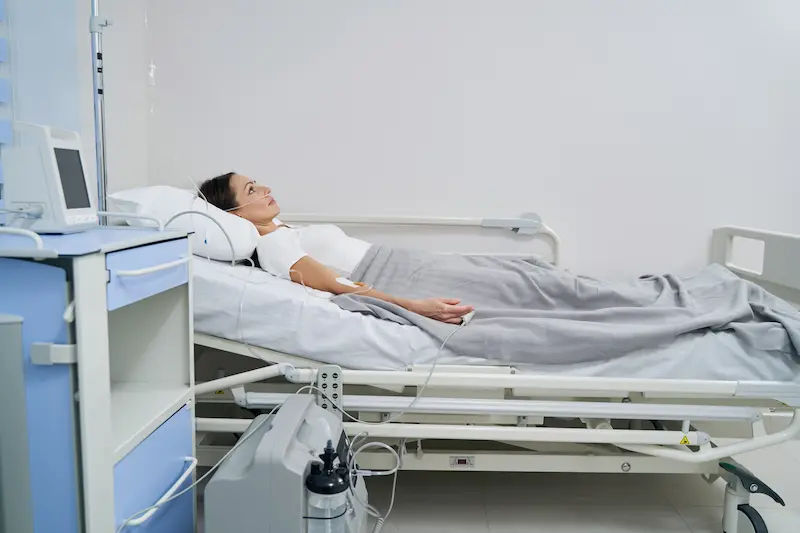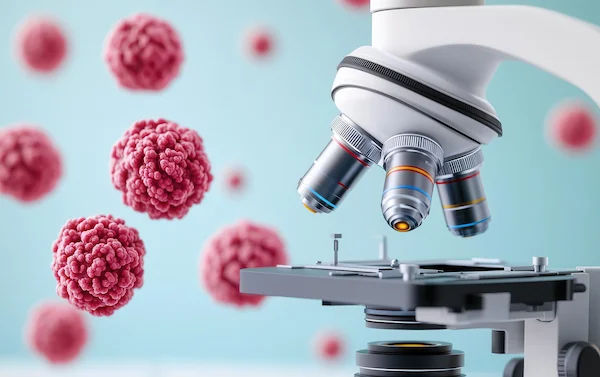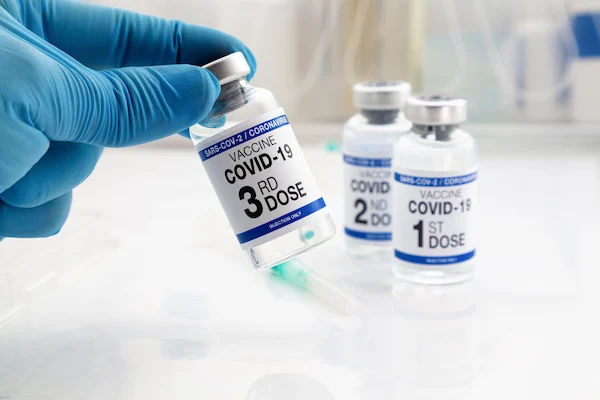- Male
- 21 Years
- 29/01/2025
How can I tell if I'm recovering from lymph node tuberculosis? I've been on medication for the last couple of months.
Answered by 1 Apollo Doctors
Vaginal discharge can be uncomfortable and embarrassing.
Understanding the Situation
- Normal vaginal discharge: Clear or white discharge is normal, but excessive discharge with a strong odor can indicate an issue.
- Possible causes: Bacterial vaginosis (BV), yeast infection, trichomoniasis, or other sexually transmitted infections (STIs) might be causing the discharge.
- Sexual activity: The timing of the discharge starting after sex with your boyfriend suggests a possible STI or bacterial imbalance.
Treatment and Precautions
- Consult a gynecologist: Schedule an appointment to discuss your symptoms and undergo a pelvic exam.
- Testing and diagnosis: Your doctor may perform tests, such as a Pap smear, wet mount, or STI screening, to determine the cause of the discharge.
- Treatment: Depending on the diagnosis, treatment may include antibiotics, antifungal medications, or other therapies.
- Precautions:
- Practice safe sex using condoms to reduce the risk of STIs.
- Maintain good hygiene: wipe from front to back, avoid scented soaps, and wear breathable clothing.
- Avoid tight-fitting clothing and synthetic fabrics.
- Consider using panty liners or breathable pads for comfort during the day.
When to Seek Immediate Attention
- Severe abdominal pain
- Fever or chills
- Heavy bleeding or clotting
- Difficulty urinating
- Unusual or foul odor
Dr. Ranjith Suggests...
Consult a Infectious Disease specialist
Answered 04/07/2025
0
0


Ask Apollo
AI powered Health Chatbot
-
Signs of Improvement
- Look for reduced swelling of lymph nodes, less pain, and improvement in symptoms like fever and fatigue.
-
Importance of Medication Adherence
- Continue taking your prescribed anti-tuberculosis medications regularly and complete the full course as advised by your doctor.
-
Monitoring and Follow-up
- Attend regular medical check-ups, which may include physical exams and possibly imaging or lab tests, to assess your treatment response.
-
When to Seek Medical Advice
- Consult your doctor if you experience persistent or worsening swelling, new symptoms, or side effects from medication.
-
Supportive Care and Lifestyle
- Maintain good nutrition, rest, and avoid smoking or alcohol to aid recovery.
-
Role of Specialists
- Infectious disease specialists or pulmonologists typically manage lymph node tuberculosis and guide treatment and monitoring.
Recommended next steps
Consult a Infectious Disease specialist or Take a E2A:T(1:19) T(17:19) - FISH (GENE LAB) Test
Answered 20/08/2025
0
0
More Infectious Disease Health Queries
View allI noticed an oval-shaped cystic lesion in my left temporal region with a long coiled echogenic structure moving inside it, and my doctor suspects larva migrans. I've been taking Bandy plus tablets and the swelling has reduced a lot, but I'm wondering if I should see a worm specialist to avoid surgery. Which type of doctor should I consult for this?
kindly share report
Answered by 1 Apollo Doctors
I'm a bit worried about a scratch I got from a dog about two days ago. I couldn't get a rabies shot immediately, and I'm planning to get it soon, but it's been over 48 hours now. Will the vaccine still be effective if I get it within 72 hours, or is it too late to prevent rabies?
If you get the rabies shot after 48 hours but before 72 hours of a dog scratch, the vaccine can still be effective. It is ideal to get the rabies vaccine as soon as possible after a potential exposure. The standard regimen for rabies post-exposure prophylaxis involves a series of rabies vaccines, such as Rabipur or Verorab, given on days 0, 3, 7, and 14. Additionally, a dose of rabies immunoglobulin may be administered on day 0 for those with high-risk exposures. It is important to follow the recommended schedule for the vaccine to ensure protection against rabies.
Answered by 1 Apollo Doctors
I'm really anxious about my recent HIV RNA test. It was done just two weeks after potential exposure, and the result came back as 100. Can you tell me if this is conclusive or if I need additional testing? I'm really worried and could really use your guidance.
Yes it is conclusive
Answered by 1 Apollo Doctors
Disclaimer: Answers on Apollo 247 are not intended to replace your doctor advice. Always seek help of a professional doctor in case of an medical emergency or ailment.





